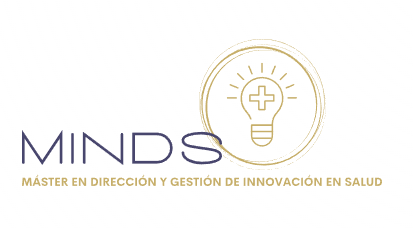On April 14, the National Network of Biobanks (RNBB) began incorporating human biological samples from patients with COVID-19 disease into biobanks to make them available to research projects. In just 5 weeks, it has registered nearly 62,000 samples, mainly serum, nasopharyngeal exudates, blood, plasma and leukocytes, as well as urine, faeces, nucleic acids or tissues, among others, from 21,000 patients.
The Valdecilla Biobank has contributed 600 cases and 2,500 samples to this RNBB initiative. These samples are being used in the development of projects funded by the Carlos III Health Institute (ISCIII), for the search for immunological markers in patients with COVID-19 led by Dr. Marcos López Hoyos, IDIVAL researcher, and in a multicenter project in which genetic studies will be carried out on COVID-19 patients to search for risk biomarkers.
This RNBB initiative allows projects on the new SARS-CoV-2 virus to have a common national catalog of samples from patients who have suffered from COVID-19 disease. The samples collected come from different stages of disease severity, from deceased, admitted to Intensive Care Units, admitted to hospitals or even symptomatic patients not admitted, asymptomatic and with a clinical picture compatible with COVID-19 without confirmatory laboratory tests. Also from cohorts of healthy confirmed people, without COVID-19 symptoms (healthy controls). Samples of different moments of the clinical evolution of the disease, known as follow-up samples, are already available from 15% of these patients, which will allow projects to be carried out to determine the possible sequelae of this new disease.
Collaborating biobanks have also been added to this initiative, in order to incorporate the maximum possible number of surplus healthcare samples with a homogeneous quality sufficient to be used in research. All this has been possible thanks to the great collaboration and participation of the healthcare and laboratory services of the hospitals of the National Health System that have joined the initiative to guarantee the ethical-legal protection provided by biobanks and the universal availability of all these samples for any researcher who needs them to carry out research projects financed and approved by a CEIm.
Previously, biobanks had to adapt their facilities and equipment to be able to work with this type of samples that require a higher degree of biosecurity. The collaboration of the RNBB with the Spanish Biosafety Association to elaborate general recommendations on how to manipulate and conserve them has had a great impact in areas beyond biobanks, such as research laboratories, even internationally in Spanish-speaking countries.





















